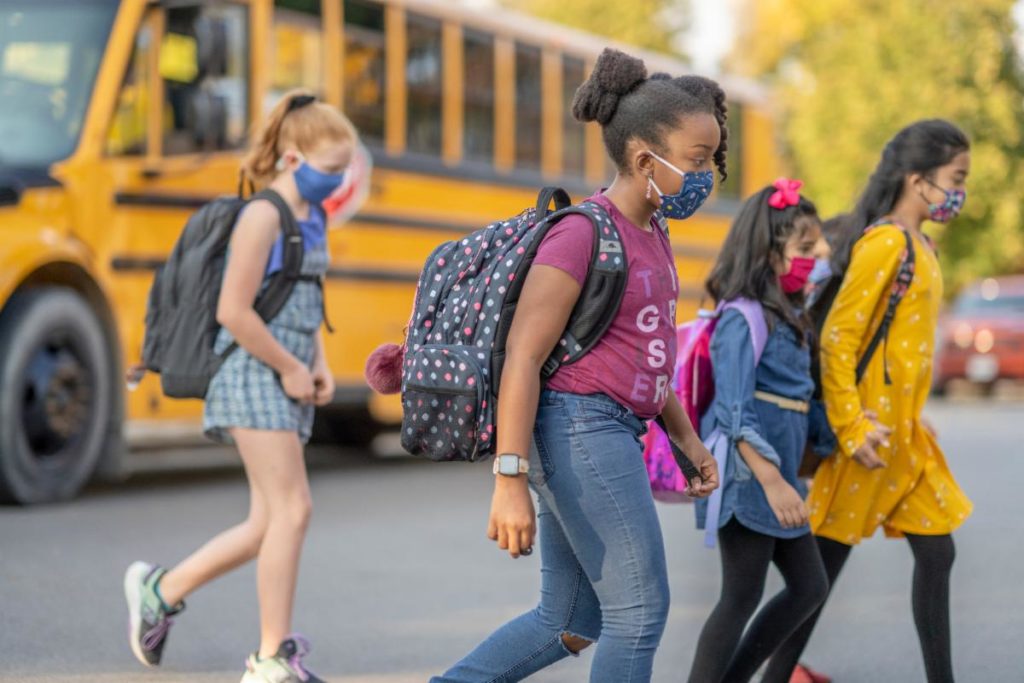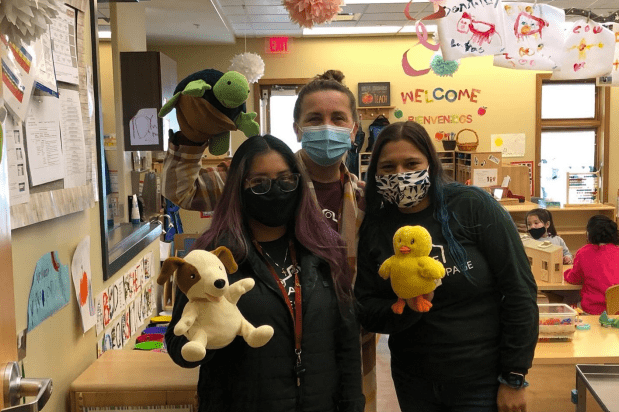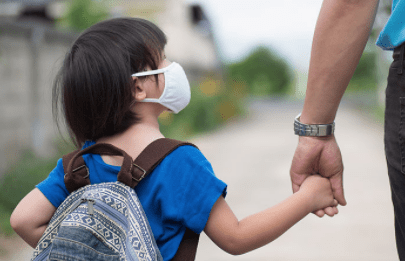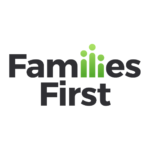Supporting Children and Families in the New School Year: What TANF Staff Need to Know

OFA’s Peer TA Monthly Alerts highlight trending topics of interest to Temporary Assistance for Needy Families (TANF) agencies and partners. Get timely resources, research, tools, strategies, and tips on innovative TANF policies and programs in this monthly digital source.
Children and families are adjusting to returning to in-person learning for the first time in many months since the COVID-19 pandemic began. This issue highlights guidance, resources, and tips that TANF agency staff can use to assist families with children transitioning back to classrooms and to enhance workforce development programs that provide job training and placement in education settings.
See select articles on helping young children and parents transition back to school, COVID-19 resources for schools, supporting early child development and learning amid the pandemic, and supporting the childcare and early education workforce.
Resource Spotlight
The COVID-19 pandemic revealed structural problems encountered by Black, Latina, and Native American child care and early education providers. This report draws upon interviews with 20 experts to highlight 19 state and local policy strategies that could be implemented to address the structural inequality in this workforce. These four strategies reflect the need for a rapid crisis response; how to inform key policy responses to maximize impact; how to drive equity-based systems changes for supporting the child care and early care education workforce; and how to lay the foundation for increasing diversity in leadership roles.

This Month's Resources

This set of recordings are from a three-day workshop convened on May 20, May 25, and May 27, 2021 which explored COVID-19’s effect on students’ learning and mental health. The workshop focused on the disproportionate impact of the pandemic on children of color, children who have special health needs and learning difficulties, and children who are living in poverty. Presentations included lived experience perspectives and experts who discussed learning loss, mental health, and social-emotional learning.
Educare schools provide full-day, year-round early care and education for young children living in families from underserved communities. This brief illustrates the experiences and responses of Educare’s early childhood care and education (ECCE) staff during the height of the COVID-19 pandemic, as well as systemic inequities that Educare schools encountered. Interviews with staff from 18 Educare schools revealed three common themes: the importance of supporting the ECCE workforce’s physical and mental health and overall well-being; the redefinition of expectations and mechanisms for accountability; and the ECCE workforce’s ongoing commitment to professional development. The brief describes a set of identified challenges for each theme that the ECCE workforce encountered and overcame.
The third of a three-part series, this April 27, 2021 webinar from the Center for Health Care Strategies examines the impact of the COVID-19 pandemic reducing young children’s access to in-person early childhood and learning programs. Presentations covered approaches that states and communities might use to address development and learning needs as the children reenter early childhood and learning settings. Speakers included representatives from the Ohio Department of Education, the North Carolina Department of Health Benefits (Medicaid), and the Office of Head Start.
The second of a three-part series, this April 20, 2021 webinar from the Center for Health Care Strategies reviews challenges faced by families with young children in light of the COVID-19 pandemic and its economic aftermath. Presentations covered opportunities to support families and connect them with community resources; strategies to increase parents’ knowledge of child development and communications skills while reducing their social isolation; mindfulness practices among staff at a supportive services agency; and the development of a virtual maternal-infant home visiting program. Speakers included representatives from the American Academy of Pediatrics, Families First of Boston, La Cocina of Colorado, the Michigan Department of Health and Human Services, and ZERO TO THREE.

This Centers for Disease Control and Prevention (CDC) webpage includes CDC and partner resources and offers guidance in reducing stress children might encounter when transitioning back to in-person learning. Also included is the link to a CDC podcast entitled Transitioning Back to School or Early Child Education.
|
Contact us at PeerTA| peerta@blhtech.com |


